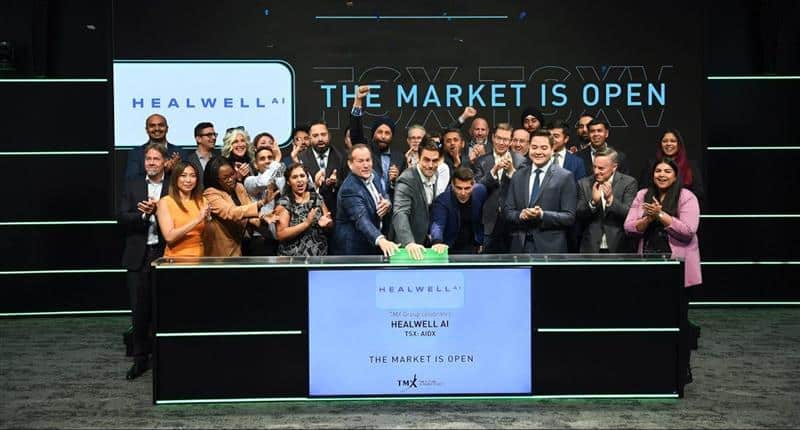
 Can you overdose on vitamins? It depends, says Dr. Olveen Carrasquillo, chief of internal medicine at the University of Miami Health System.
Can you overdose on vitamins? It depends, says Dr. Olveen Carrasquillo, chief of internal medicine at the University of Miami Health System.
Multivitamins and vitamin supplements are considered a part of their daily health regimen by many people, and while health experts have questioned their value in supporting better health and disease prevention, whether or not popping a few extra vitamins might be a bad thing is a matter of how much and what kind.
Normally, the body can handle the vitamin content found in a well-balanced diet, but eating too much of one thing can be a problem. Hypervitaminosis A, for example, comes from ingesting too much vitamin A (usually from eating too much fish or animal liver) and iron poisoning can come from ingesting too much iron too quickly.
The fat-soluble vitamins like A, D, E and K are more of an issue, as they can build up in the body more so than water-soluble vitamins like the B-complex and C. “The problem is that those vitamins are not easily cleared out by the kidney, so they can accumulate faster,” Dr Carrasquillo stated, to FoxNews.
The “gummy trend” in multivitamins is also concerning, since a bottle of vitamin D gummies can be potentially harmful if you end up treating them like a bag of fruit chews. “They’re basically candy, which is sort of a problem,” says Sonya Angelone, spokesperson for the Academy of Nutrition and Dietetics in the United States. “One of my clients has a sweet tooth and she can’t stop eating them. I said, ‘You have to throw them out because you’re going to cause yourself harm.’”
Although a multi-billion dollar industry, research has put into doubt the health claims of vitamin supplementation. A series of articles in the Annals of Internal Medicine in 2013 drew the conclusion that vitamin and mineral supplements are ineffective in the prevention of chronic diseases. The editorial for the journal, written by five doctors, including three Johns Hopkins professors, stated, “Most supplements do not prevent chronic disease or death, their use is not justified and they should be avoided.”
A 2012 review in the International Journal of Preventive Medicine found that for the majority of the population, “no overall benefit” is gained from taking multivitamin/mineral supplements and that, in fact, some studies have found an increased risk of cancers associated with certain vitamin supplementation.
Not only unhelpful and potentially harmful, supplements may not even contain what they say on the label. In 2015, the New York Attorney General’s office led an investigation which found that almost four out of every five herbal supplements tested did not contain the ingredients listed on the product label, causing Attorney General Eric Schneiderman to order retailers such as Target, Wal-Mart and Walgreen’s to pull the identified products.
In Alberta, a scandal erupted as it was revealed that the government approved funding for Pure North S’Energy, a supplement provider, to conduct a wellness program for seniors in the province. The provider has been questioned for its alternative health care practices, including prescribing doses of vitamin D 50 times higher than the Health Canada recommended daily allowance.
Leave a Reply
You must be logged in to post a comment.


 Share
Share Tweet
Tweet Share
Share




Comment